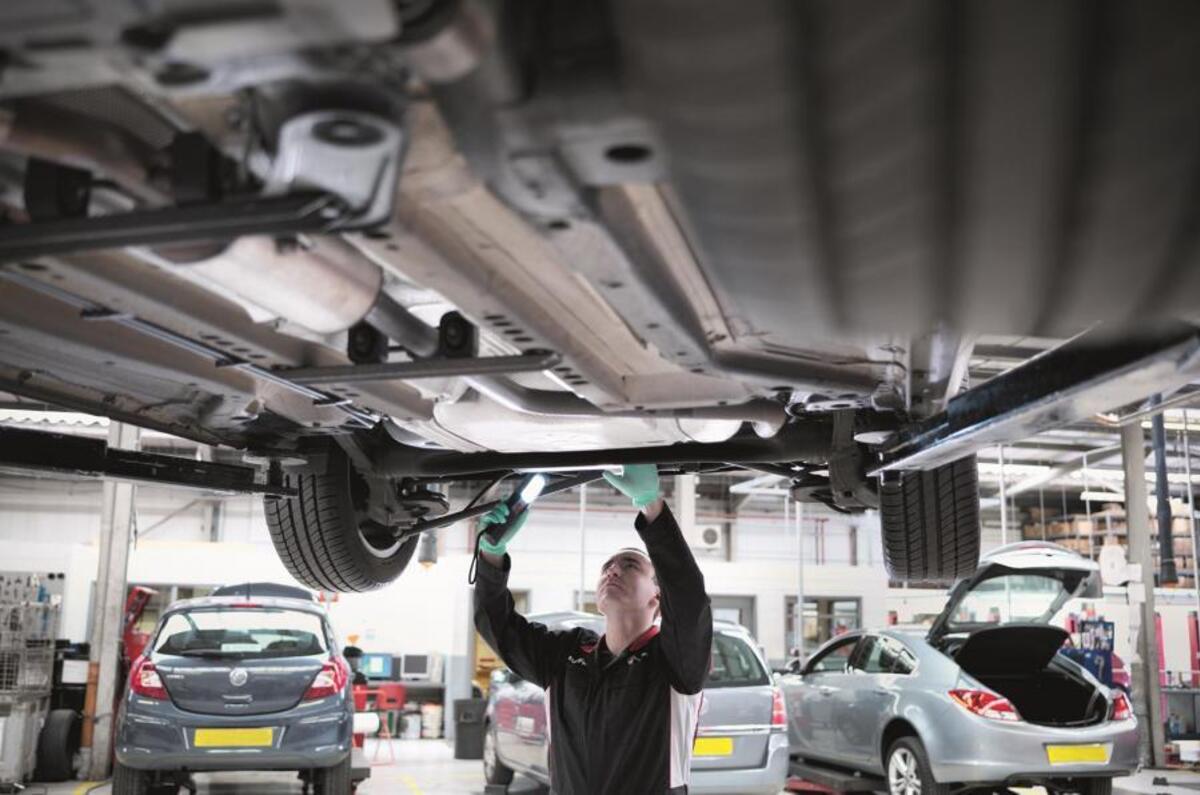In last month’s column, I highlighted the key questions that many business leaders have been asking when I talk to them about the skills gaps that are impacting their organisation.
How much will the skills gap really cost us? What is the benefit of investing to resolve the problem, and what happens if we do nothing?




Add your comment